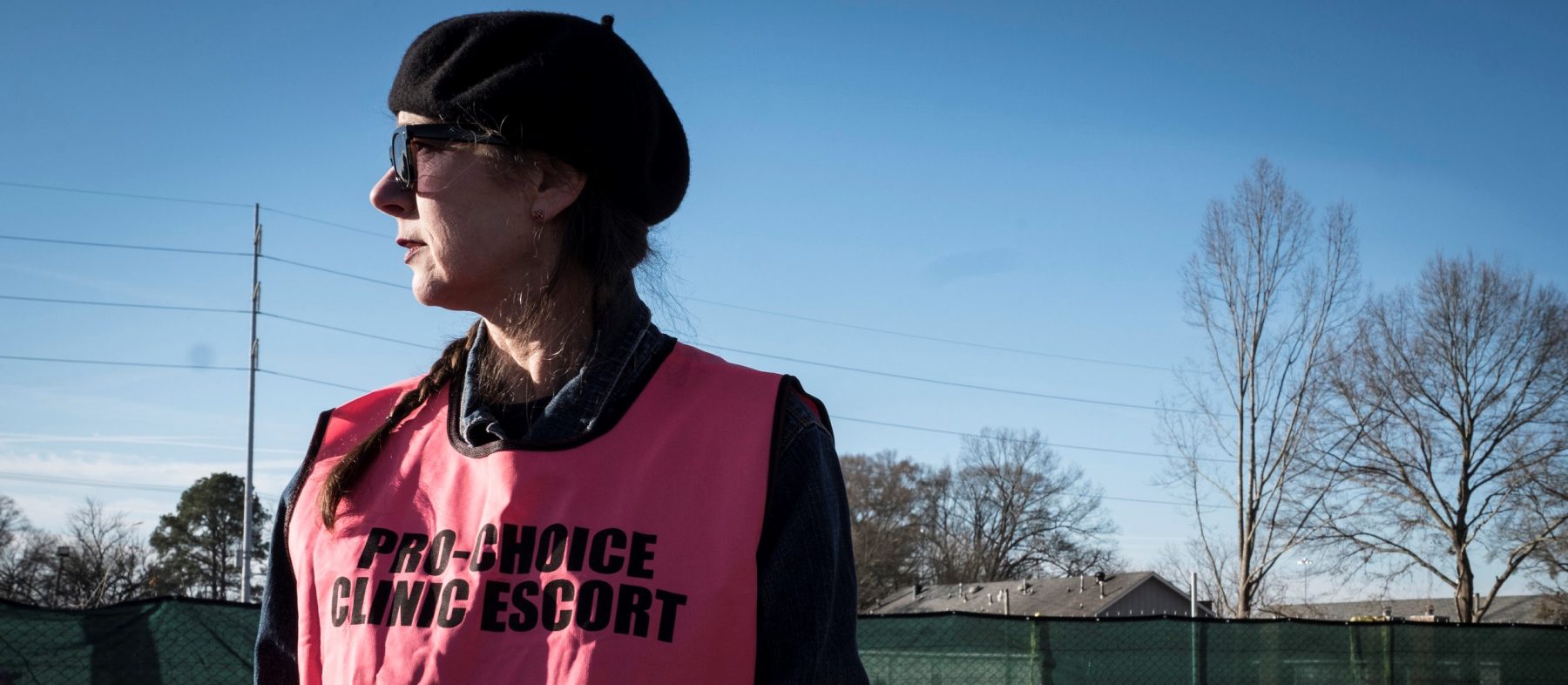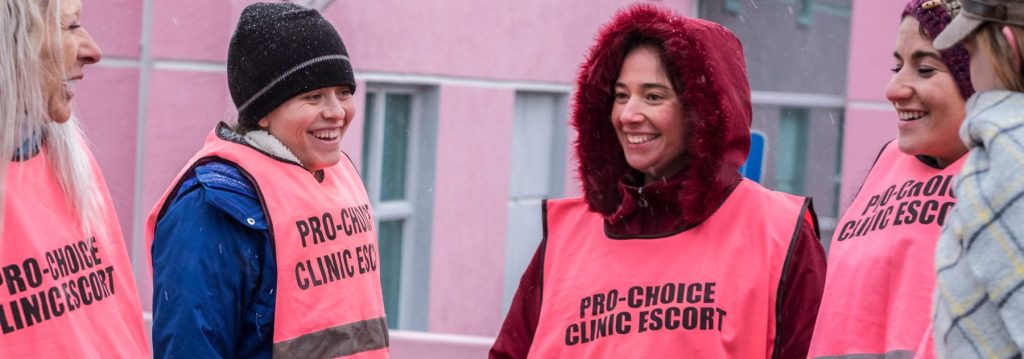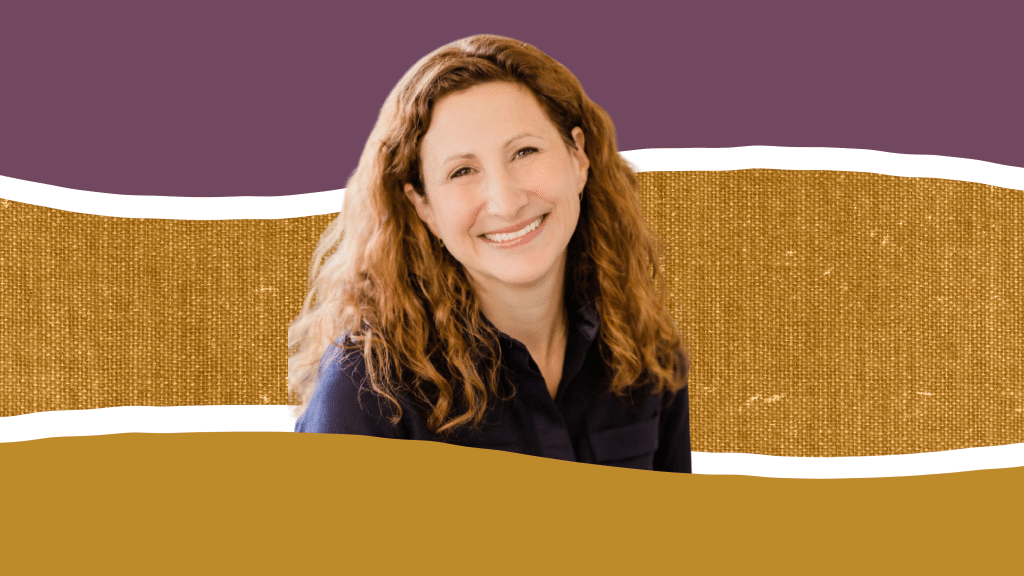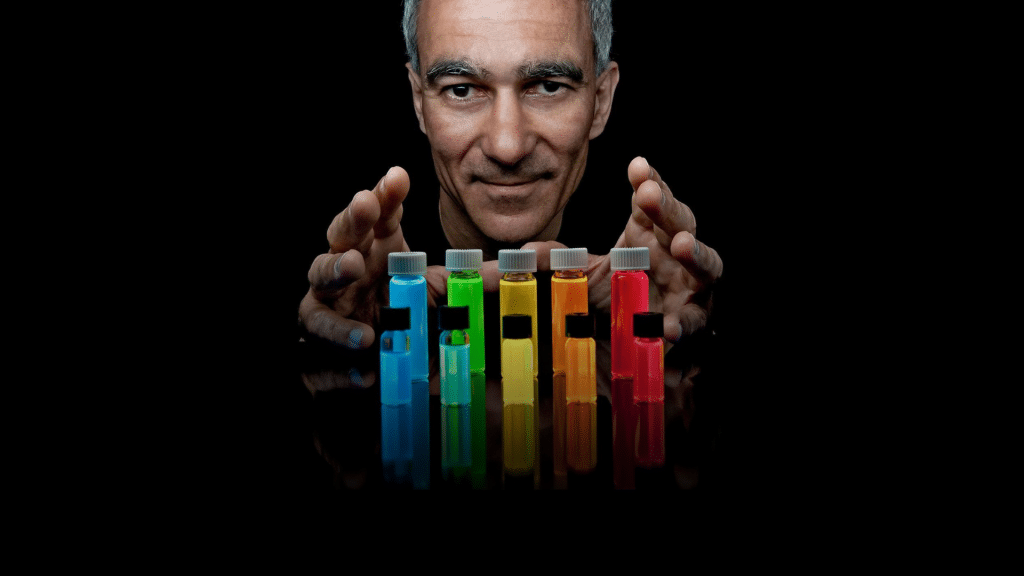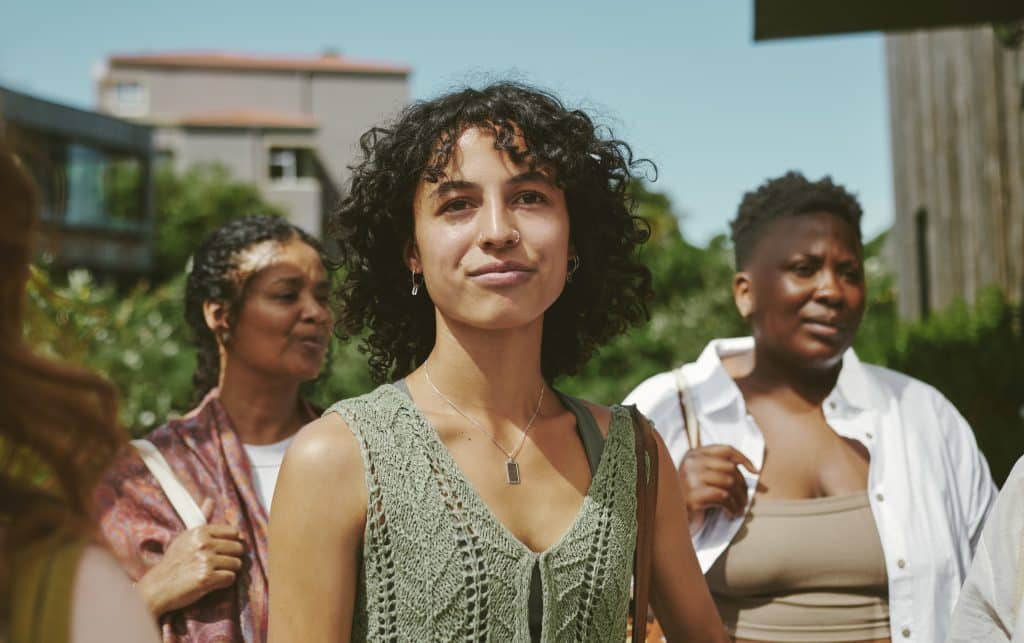I have feared this moment for years: as of today’s confirmation, a majority of Justices on the U.S. Supreme Court are now hostile to abortion access. While I am disheartened that it has come to this point, I am also optimistic, inspired, and determined.
My work with the David and Lucile Packard Foundation’s resilient grantee partners has helped ground me in these beliefs. For more than 50 years, the Packard Foundation has proudly supported the rights of women and pregnant people to determine for themselves whether and when to become pregnant, to remain pregnant, or to have a child. We believe the ability to make decisions about childbearing and childrearing is fundamental to equality for women and people who can become pregnant, and is an essential part of a just and equitable society.
Whatever challenges may lie ahead, our support remains strong and steadfast.
While we worry about the impact of the Court’s new configuration on abortion access, we need to be clear-eyed about the existing limitations. Under current legal precedent, people who earn the lowest incomes, live in rural areas or in conservative states, or are young, immigrant, or trans, have extreme difficulty accessing abortion care even though it is still legal in all 50 states.
If we have learned anything from the stark disparities in health care access illuminated by the COVID-19 pandemic, it is that we desperately need a healthcare system that is built on equity for all. A world where only people on the coasts, in urban areas, or who are college-educated with financial means can access sexual and reproductive care is not our goal. Rather, we want all people to be able to access care – and access the care they want.
With this monumental change on the Court comes a freedom – a freedom to rethink and rebuild the kind of world we want to see – one that is rooted in dignity, respect and, yes, love, with an eye trained on what is possible and what is needed.
The Road Ahead
In the coming months and years ahead, it is possible that several U.S. states, including the Foundation’s focal states of Louisiana and Mississippi, will seek to pass new legislation to ban abortion outright, setting up the ultimate test to reverse Roe v. Wade. Given the new makeup of the Court, we are not hopeful of the outcome. Meanwhile, for some people in some parts of the U.S., abortion is already practically inaccessible.
But in the face of this stark reality, the question becomes how do we build the world we want to see, where people respect personal decisions around parenthood and pregnancy, where people can get accurate, unbiased medical information and make the best health care decisions for themselves and those they love?
At the Packard Foundation, we will continue to listen to and center the needs of people seeking reproductive health care, and support a fierce and diverse ecosystem of leaders and organizations in the U.S. South and nationwide to actualize a future where:
- Pregnant people have access to the reproductive healthcare they need and want, including abortion, that is affordable, high quality, and stigma free;
- People have affordable and convenient access to all forms of contraceptive care through a process that is led by the individual needs and perspectives of each patient;
- Young people have developmentally healthy relationships, with the information and skills to make decisions about sex, sexuality, consent, and their bodies; and
- Sexual and reproductive health are supported through robust advocacy and organizing efforts that are rooted in equity and justice—particularly by people of color, LGBTQ individuals, and young people.
To achieve this, we support service delivery, litigation, advocacy and organizing, and research. We also believe that culture change strategies go hand in hand with, and help accelerate, these other efforts. With our partners, we are committed to building toward a future where gender equity is the norm and access to abortion and reproductive health evokes dignity, compassion, and freedom.
Eyes Wide Open – It will take time, but we can get there
With the new composition of the Supreme Court, it is time to prepare for a future without the protection of Roe. There is little doubt that access to abortion and contraception in the U.S. will get worse before it gets better, causing direct harm to the people who will be denied services—and therefore denied the very opportunity to control their lives. We must do everything we can to mitigate these harms by supporting organizations working to ensure all have equitable access to quality abortion care.
And then we must boldly set our sights on another world – a world in which every person has the freedom to make the best decision for themself about whether and when to become pregnant or have a child with dignity and support. Everyone has a role to play to bring this vision to life – businesses, philanthropy, organizations on the ground, policymakers, and our neighbors and friends. At the Packard Foundation, we are committed to this vision, and invite you to join us in carrying it out.

